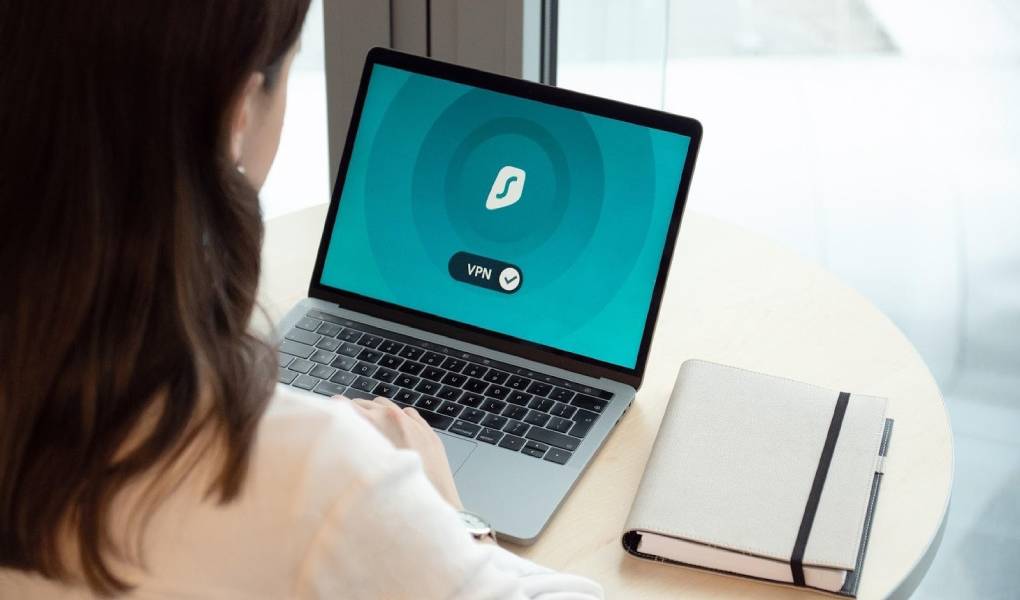We all use virtual private networks on an almost daily basis now. However, sometimes you might wonder if the VPN you are using is actually stealing all of your passwords.
Is it possible? Can your VPN really download all of your passwords and steal them? The answer to this question is both yes and no. Sounds scary, right? Well, there are a few things that you must know when it comes to learning about how secure a VPN is.
Can a VPN Really Steal Your Passwords?
As already mentioned, yes, a VPN can steal your password, but it depends upon the situation that you are in. Let’s take a closer look at things and understand how a VPN can gain access to your secret credentials, such as passwords.
A VPN works by encrypting all of your data so that only people who have the correct decryption key can decrypt it. This means that even though someone has your username and password, they will not be able to see anything because they do not have the correct encryption key.
This makes the connection secure and helps in protection against cyber threats. But the question is, when does a VPN steal your passwords? Well, it can steal your passwords in two major cases. The first one is when you download a VPN that is injected with malicious code.
It can collect all of your passwords and pass them to someone who has injected the code into it. While in the next case, a VPN can extract all of your passwords if you are connected to an unsecured connection, i.e., HTTP.
How To Prevent VPNs from Stealing Your Data?
Now, let’s talk about how we can prevent our VPNs from stealing our data. There are some ways to protect ourselves when it comes to protecting our data, and the first thing that we need to do is make sure that we are always connecting to a secured network.
If you are going to connect to public Wi-Fi, you should avoid doing so. It is recommended that you always connect to a secured network. The next thing that you need to do is change your default settings.
You should never leave any of your sensitive information open for everyone to view. For example, if you are browsing through your browser, you should always save your login details somewhere else. Also, you should never store your credit card information anywhere online.
Instead, you should always use a different payment method. Also, make sure you don’t click on any ads that appear whenever you are connected to a VPN.
Sometimes these ads contain phishing links that can steal your login credentials, and as a result, you will give away your logins and passwords to someone else.
Last Minute Thoughts
Although VPNs are used to improve the security of the internet, they can sometimes steal your personal information and even passwords. But not all of them can steal your passwords, and a VPN can steal your information in two major cases.
The first one is when you are connected to an unsecured connection, i.e., HTTP. Therefore, we highly recommend using the HTTPS connection to add an extra layer of security while browsing online. Besides that, you should only get a VPN from a trusted source and never download it from third-party sources.
This is because there is a higher risk that the software will contain malicious links which can steal your passwords and even credit card information. We hope you enjoyed reading this article and found it helpful.
Please share it with your friends and family, too, and always make sure to choose your VPN wisely.
Also Read: How To Set The Right Sales Goals?
